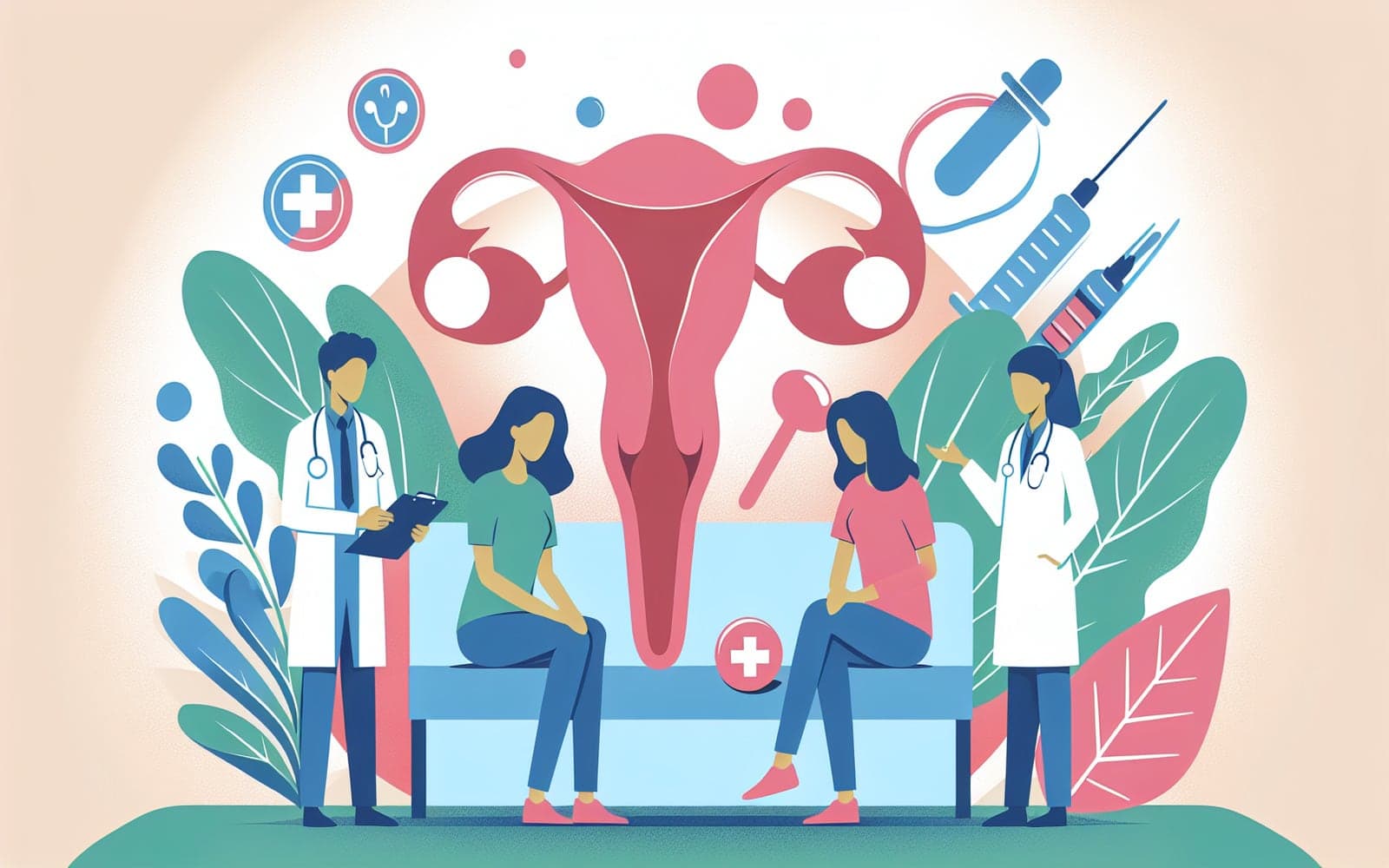Contents
-
Lifestyle Adjustments and Therapy
-
Hormone Treatments Explained
-
Addressing Specific Conditions
Effective Treatments for Secondary Amenorrhea: What Works?
Effective Treatments for Secondary Amenorrhea: What Works?
The Big Picture
When periods go missing, understanding treatment options for secondary amenorrhea is key to restoring balance.
Contents
-
Lifestyle Adjustments and Therapy
-
Hormone Treatments Explained
-
Addressing Specific Conditions
Lifestyle Adjustments and Therapy
For those with functional hypothalamic amenorrhea, lifestyle changes like increasing calorie intake and reducing exercise can help restore periods. Cognitive behavioral therapy (CBT) is another option that may aid in resuming ovulatory cycles. These adjustments aim to correct underlying energy imbalances.
Hormone Treatments Explained
Hormone therapy is often used to treat secondary amenorrhea, especially if caused by ovarian insufficiency or PCOS. Estrogen therapy can prevent bone loss, while progestin protects the endometrium. Treatment goals vary, from resuming menstruation to achieving fertility.
Addressing Specific Conditions
Conditions like PCOS and hyperprolactinemia require targeted treatments. For PCOS, managing symptoms such as hirsutism and metabolic issues is crucial. Hyperprolactinemia treatment depends on the cause and the patient's fertility goals.
FAQs
Can lifestyle changes restore periods?
Yes, changes like diet and exercise adjustments can help in some cases.
What role do hormones play in treatment?
Hormones like estrogen and progestin are used to manage symptoms and health risks.
How is PCOS treated?
PCOS treatment focuses on symptom management and fertility as desired.
The Bottom Line
Tailored treatments can effectively manage secondary amenorrhea and its symptoms.
Additional References
-
Sophie Gibson ME, Fleming N, Zuijdwijk C, Dumont T. The Evaluation and Management of Functional Hypothalamic Amenorrhea. J Clin Res Pediatr Endocrinol 2020; 12:18.
-
Sum M, Warren MP. Hypothalamic amenorrhea in young women with underlying polycystic ovary syndrome. Fertil Steril 2009; 92:2106.
This article has been reviewed for accuracy by one of the licensed medical doctors working for Doctronic.












